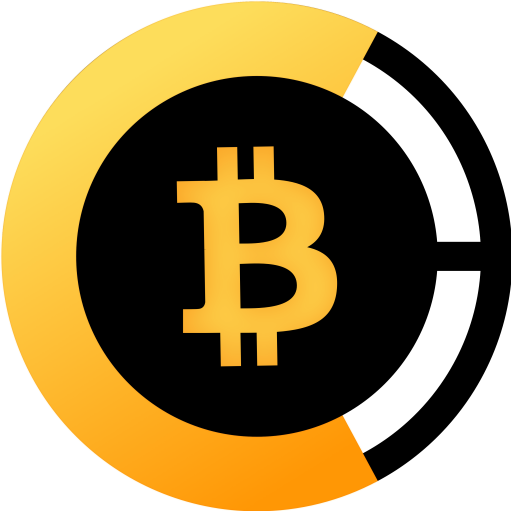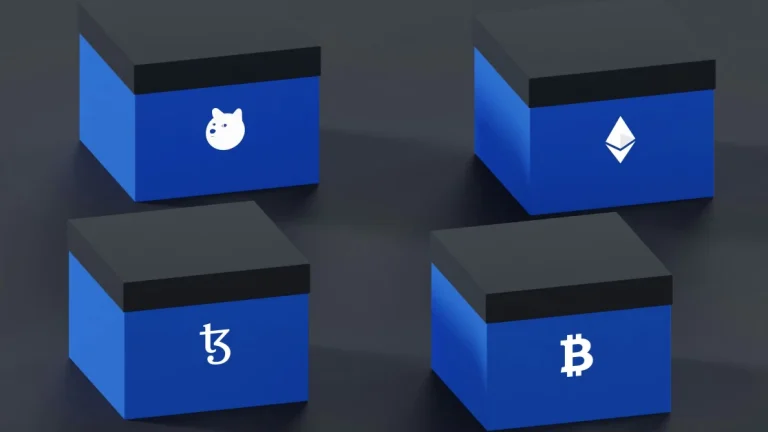Table of Contents
- Introduction
- Blockchain for Enhanced EHR Security
- Blockchain-Based EHR Sharing
- Secure Data Management in a Heterogeneous Cloud Environment
- Secure Blockchain Network for Home-Based Healthcare Services
- Authentication and Licensing in Telemedicine Services
- Enhanced Security of Healthcare Data Using Containers
- Protecting Medical Records Using Blockchain Technology
- Privacy and Security Issues in Healthcare
- Preventing Counterfeit Drugs Using Blockchain
- Secure Storage of Healthcare Data
- Improved Access Control and Data Privacy in Medical Care
- Blockchain for Global Health Record Exchange
- Secure Data Sharing using Blockchain and Edge Computing
- Revoking Access to Healthcare Blockchain
- Conclusion
In this section, we will discuss how patient security in Electronic Health Records (EHR) is guaranteed by Blockchain. We will explore various studies and research papers that highlight the use of Blockchain technology to enhance the security and privacy of healthcare data.
Introduction
In the smart health scenario, security is a critical concern for the health system. The main challenges faced by smart health systems are security and the accurate exchange of data among different stakeholders. Blockchain technology offers a solution by creating a consortium of stakeholders, including hospitals, physicians, pharmacists, researchers, and insurance companies. The security debate revolves around the secure exchange of data among all parties involved, ensuring authentication and authorization for each level of the Blockchain.
Blockchain for Enhanced EHR Security
Researchers have suggested that Blockchain can address the current limitations of EHR performance. In a Blockchain system, the patient’s entire record is stored in the ledger and encrypted using the patient’s private key. While the Blockchain system is not completely impenetrable, it offers better security compared to most current systems. [^26]
Data theft in EHR poses a significant risk to patient privacy. Blockchain can be used to securely share EHR data. By storing only the index of the EHR in the Blockchain, patients have complete control over who can view their data. The actual EHRs are stored encrypted on another server, and users can access them only with the permission of the information owner and a decryption key. [^11]
Blockchain-Based EHR Sharing
Several studies have proposed EHR sharing schemes based on Blockchain technology. These schemes aim to overcome the challenges of current health systems and provide effective solutions. One such scheme integrates cloud computing and Blockchain to securely share medical information. The proposed framework combines an Amazon-based Ethereum Blockchain with the IPFS storage system to ensure safe and quick sharing of health data. Access control mechanisms are used to detect and prevent unauthorized access to health data, making Blockchain a more effective solution compared to traditional methods. [^36]
Secure Data Management in a Heterogeneous Cloud Environment
Data collaboration and the use of healthcare programs in a heterogeneous cloud environment can be challenging. The ChainSDI framework suggests using Blockchain and computational resources to manage secure data. This framework provides a prototype that demonstrates how the proposed solution works. [^28]
Secure Blockchain Network for Home-Based Healthcare Services
A healthcare framework called ChainSDI is introduced to provide real-time performance and accountability for home-based healthcare services. The framework utilizes a secure Blockchain network to ensure that all transactions are in accordance with regulations while maintaining data interaction. The aim is to build a secure network that guarantees the privacy and security of healthcare data. [^10]
Authentication and Licensing in Telemedicine Services
Telemedicine services on demand (MoD) face challenges in terms of authentication and licensing. Blockchain technology is used to provide greater flexibility and efficiency in the department of defense’s services. The use of Blockchain and distributed ledger technology protects the integrity of private healthcare data and prevents malicious users from tampering with the physicians’ diagnosis. The patient’s data is stored in a secure chain, preventing unauthorized users from manipulating it. The proposed approach resists collusion attacks and destructive attacks. [^17]
Enhanced Security of Healthcare Data Using Containers
Containers in the Blockchain substrate can enhance the security of healthcare data by improving the data transfer process. The Medichain framework utilizes Blockchain technology to maintain the security of patient records. Each block in the framework contains a list of patient records secured using the features of Blockchain technology. The framework demonstrates the implementation of the proposed solution using the Python programming language. [^22]
Protecting Medical Records Using Blockchain Technology
Blockchain technology can provide enhanced security for healthcare data, specifically protecting patients’ medical records from information theft and unauthorized intrusion. This paper focuses on managing and controlling access to medical data using cryptographic algorithms and Blockchain technology. The proposed platform demonstrates better performance in data storage and more efficient data transfer compared to similar schemes. [^61]
Privacy and Security Issues in Healthcare
Ensuring privacy and security in healthcare data is crucial for all stakeholders. This paper utilizes various features of Blockchain technology, including anonymous signatures, zero-knowledge proofs, attribute-based encryption, and approval of smart contracts, to enhance the security of healthcare data. The proposed model emphasizes data sharing security and employs various security techniques to ensure a secure data sharing process. [^68]
Preventing Counterfeit Drugs Using Blockchain
The production and distribution of counterfeit drugs pose a significant threat to the healthcare network. Blockchain technology can prevent counterfeit drugs by providing a transparent and secure system for tracking the drug distribution cycle, from production to consumption. By using Blockchain, the distribution and production of counterfeit drugs can be effectively prevented. [^41]
Secure Storage of Healthcare Data
Ensuring the safe storage of healthcare data is crucial for maintaining privacy and integrity. This paper proposes a Blockchain-based framework that utilizes a keyless signature protocol to secure patient’s medical records. The framework ensures the integrity and security of data in the healthcare domain, providing a robust solution for storing sensitive medical information. [^35]
Improved Access Control and Data Privacy in Medical Care
A framework based on Blockchain technology is introduced to improve access control and data privacy in the medical care system. The framework enhances data privacy, confidentiality, and decentralization, providing a secure and efficient solution for managing medical data. [^49]
Blockchain for Global Health Record Exchange
Blockchain technology can be utilized for medical communication and the exchange of medical data. A location-independent global health record exchange system is proposed, leveraging Blockchain technology and a federal identity management system. The system authenticates users and ensures secure data transfer in the healthcare domain. [^9]
Secure Data Sharing using Blockchain and Edge Computing
Sharing data in the healthcare domain requires robust security and privacy measures. This study presents a scheme that combines Blockchain and edge computing to guarantee the security and privacy of shared data. Hash and filtering functions are used to maintain the security of the shared data, ensuring a secure and efficient data sharing process. [^37]
Revoking Access to Healthcare Blockchain
Revoking access to a healthcare Blockchain after a certain period of time can enhance its security. This paper proposes a mechanism that allows the revocation of public and private keys of users after a specific period. By limiting access to authorized parties for a certain duration, unauthorized access to the healthcare Blockchain can be prevented, making the system more secure. [^6]
Conclusion
The use of Blockchain technology in healthcare offers significant advantages in terms of security and privacy. By leveraging Blockchain’s decentralized and immutable nature, patient data can be securely stored and shared among authorized stakeholders. Various studies and research papers have proposed innovative solutions to enhance the security of Electronic Health Records using Blockchain technology. These solutions provide a robust framework for managing healthcare data and ensuring patient privacy. With the continued development of Blockchain technology, we can expect further advancements in privacy protection in the healthcare domain.
Overall, Blockchain technology provides a promising solution to address the security and privacy challenges in the healthcare industry. The use of cryptographic algorithms, access control mechanisms, and decentralized storage ensures the integrity and confidentiality of healthcare data. By implementing Blockchain-based solutions, stakeholders can securely exchange and manage Electronic Health Records, protecting patient privacy and enhancing the overall security of the healthcare system.


